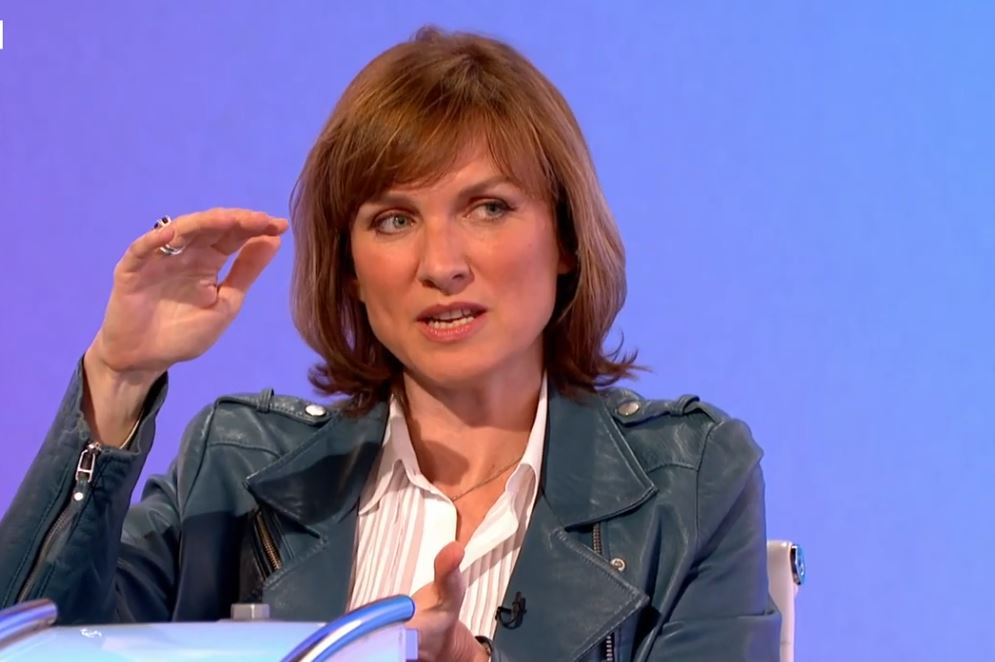In recent months, the debate over Fiona Bruce’s pay has gained more weight, especially as public scrutiny of the BBC’s pay transparency has increased. Based on the latest data, Fiona Bruce’s 2023–2024 income ranged from £405,000 to £409,000, up from her previous range of £395,000 to £399,999. Even though this change may not seem like much, it is part of a larger pattern that has subtly but significantly changed the earnings landscape for some of the most recognizable faces on the BBC.
Fiona Bruce – Profile and Career Overview
| Category | Details |
|---|---|
| Full Name | Fiona Elizabeth Bruce |
| Date of Birth | 25 April 1964 |
| Birthplace | Singapore (then part of Malaysia) |
| Nationality | British |
| Education | Oxford (French & Italian), University of London Institute in Paris |
| BBC Salary (2023–2024) | £405,000 – £409,000 |
| Salary History | £255k (2018), £450k (2019), £405k (2021), £409k (2024) |
| Notable Roles | Question Time, Antiques Roadshow, BBC News at Ten |
| Spouse | Nigel Sharrocks |
| Children | 2 |
| Estimated Net Worth | £2 million – £3 million (Hello Magazine) |
Bruce’s earnings trajectory has been noticeably upward over the last six years. Her pay was approximately £255,000 in 2018–2019, but by 2019–2020, it had increased to the £450,000 range. Since then, there have been variations—some years have seen a slight decline, while others have seen a modest increase—but the general pattern is still evident: Fiona Bruce has emerged as one of the BBC’s most reliably highly compensated performers.

Following a heated argument on Question Time, the controversy surrounding Fiona Bruce’s pay has resurfaced in recent days. According to Gary Stevenson, a former trader who is now an activist, each panelist on the show has probably made at least £20,000 more money since the pandemic. When Bruce responded that the BBC had not significantly raised salaries, people took notice, especially on social media, where old salary data soon started making the rounds.
Many noted that her earnings had increased by well over £100,000 when comparing her 2018 salary with the most recent range. Although it’s abundantly evident that Bruce wasn’t deceiving the public about annual increases, the larger picture does in fact reveal a far more robust financial trajectory than she admitted at the time.
The scrutiny is nothing new for someone in her position. For decades, Fiona Bruce has been at the forefront of breaking news, prime minister interviews, and contentious public debate moderating. She has entered an even more visible—and perhaps more demanding—arena by hosting Question Time, a program that is notorious for placing its presenter in the political crossfire.
The way her income compares to that of other well-known BBC figures is especially intriguing. Even though Bruce is in the top ten, she still makes less than Zoe Ball, who commands nearly £950,000, and Gary Lineker, whose salary is set at around £1.35 million. Even though her pay is much lower, she still has to meet extremely high standards both on and off the air.
Fiona Bruce performs a wide range of tasks, from hard news to heritage storytelling, by hosting multiple flagship programs. Her role is multifaceted; she is not just a news anchor or political moderator; she is also the voice of Antiques Roadshow and has hosted Crimewatch and Fake or Fortune? in the past. She is extremely versatile across broadcasting genres because of this range.
Bruce’s continuous inclusion on the salary list represents progress—albeit not perfection—in the area of gender equality. Her inclusion highlights the increasing efforts to close the pay gap in British media, especially for women who anchor political discourse in prime time. Bruce has notably admitted that she had to bargain for pay parity, which is an endeavor that many women in leadership positions will find remarkably similar to their own experiences. Over the past ten years, female journalists have become more outspoken about transparency and fairness.
Frontline visibility frequently decreased during the pandemic, and remote work became the norm. But Bruce managed to stay in the public eye, both literally and figuratively, while negotiating a hostile environment full of false information, government retaliation, and an emotionally charged populace. Although it is difficult to measure, the resilience needed to regularly lead such discussions in real time without predetermined results gives her compensation story more nuance.
By making smart programming decisions, the BBC has been able to maintain personalities like Fiona Bruce closely associated with its public persona. Her composure, lucidity, and longevity on-air have benefited not only specific shows but also the company’s overall reputation. In a media landscape where personality and genuineness are becoming more and more important, Bruce’s credibility is remarkably resilient.
However, the public still has a limited tolerance for high salaries, particularly those derived from the license fee. At this point, the discussion turns from individual merit to group perception. Younger audiences may feel significantly cut off from their lived realities if they are faced with record housing costs, stagnant entry-level wages, and inflation. Context is important, but so is transparency, which is why these figures are released to the public.
The BBC pay controversies have been transformed into indicators of wider socioeconomic dissatisfaction by incorporating commentary on wealth distribution. These yearly salary lists are signals rather than merely spreadsheets. indications of importance, power, and institutional priorities. In the case of Fiona Bruce, they demonstrate constancy, knowledge, and resilience in a rapidly evolving media landscape.
Demands for performance-linked compensation are probably going to grow in the upcoming years, especially as digital platforms expand and audience engagement becomes easier to measure. Fiona Bruce, whose shows are still doing well, could end up serving as a case study for how seasoned journalists adjust and prosper in such changing circumstances.
